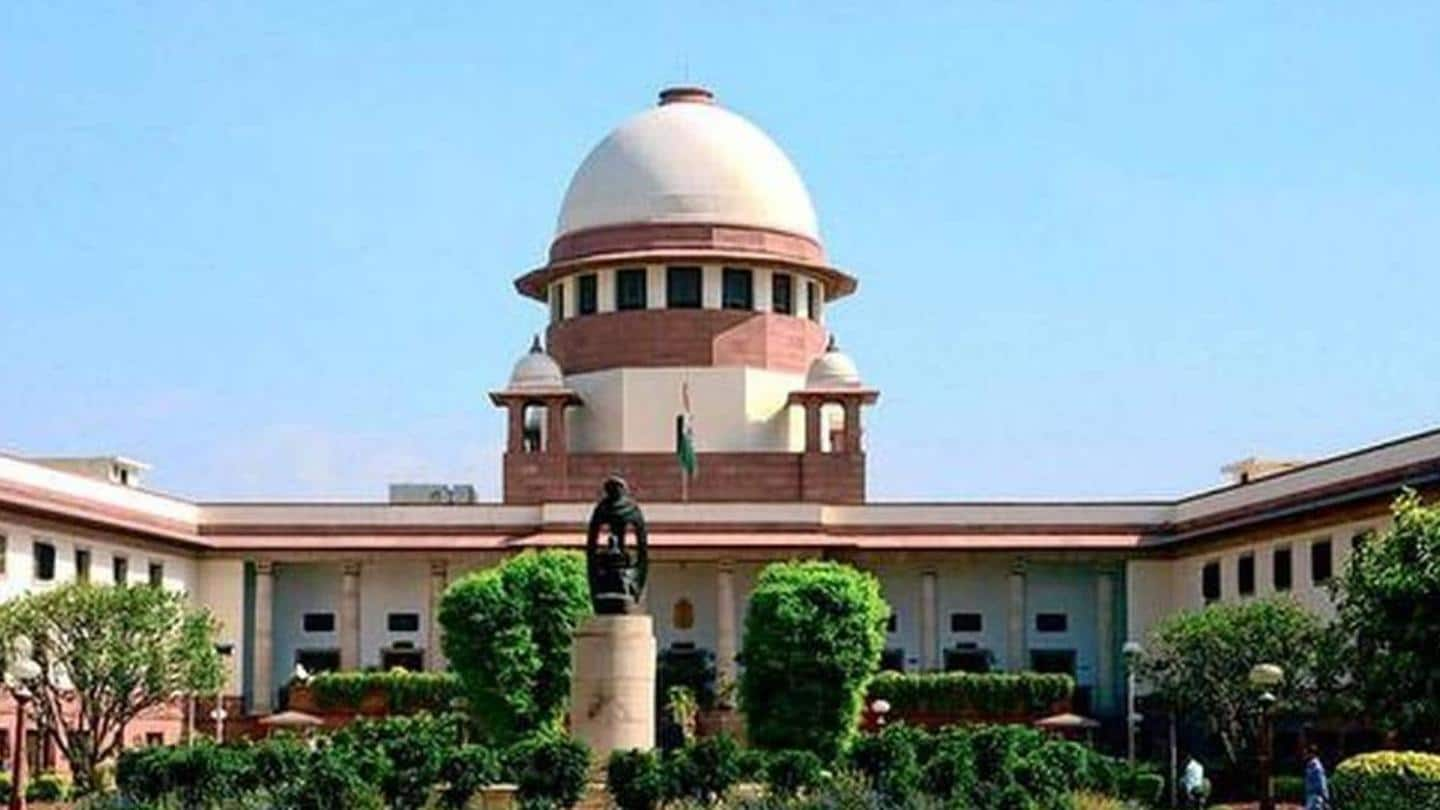
Like sons, daughters have equal rights to parental property: SC
What's the story
The Supreme Court on Tuesday said that daughters have equal rights to the parental property, by virtue of the Hindu Succession Act, that was amended in 2005.
The amendments apply in a retrospective manner as well, the top court underlined, meaning that even if the father died before the Act was reworked, a daughter can stake claim to the property.
Here are more details.
Details
Earlier, SC had made contradictory statements on the amended Act
It's important to highlight that this matter evoked a reaction from top court after questions were raised on the contradictory verdicts that the top judicial body had passed.
In Prakash v/s Phulavati, the top court noted that if the father died before the Act was amended in 2005, then the daughter won't have a right on the parental property.
Suggestion
In 2018, SC suggested three-judge bench must take the matter
In sharp contrast to the aforementioned matter, the top court underscored in the Danamma v/s Amar case that the 2005 amendment gives the daughter the "status of a coparcener in her own right in the same manner as the son."
As confusion followed, a bench headed by Justice AK Sikri said in 2018 that this matter must be taken up by a three-judge bench.
Details
Daughters and sons have equal rights: SC
Today, the matter was heard by a three-judge bench of Justices Arun Mishra, S Abdul Nazeer, and MR Shah. The questions about amendments being applicable in the retrospective effect were put to rest as the bench maintained that sons and daughters have equal rights.
"Daughters have to be given an equal share of coparcenary rights in the share of property like son," Justice Mishra said.
Quote
"Once a daughter, always a daughter"
"Once a daughter, always a daughter... a son is a son till he is married. The daughter shall remain a coparcener throughout life, irrespective of whether her father is alive or not," Justice Mishra remarked.